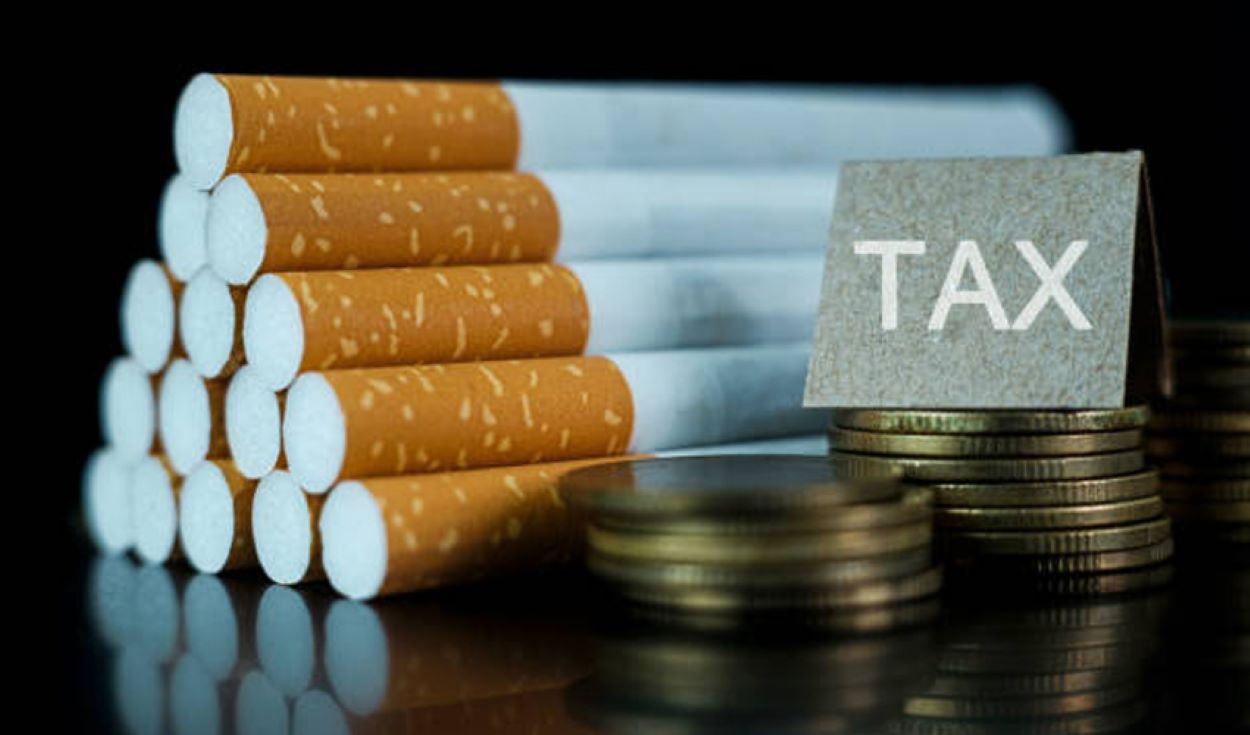The health ministry is considering increasing the Federal Excise Duty (FED) on cigarettes by 20%. In comparison, the World Health Organization (WHO) advocates for a 37% hike to align the tax share of retail prices with international standards of 70%.
Anti-tobacco activists have submitted a tax proposal to the health ministry incorporating WHO recommendations. These recommendations suggest that higher cigarette taxes would alleviate the healthcare system’s burden and boost revenue generation.
The proposal details that to maintain health cost recovery levels comparable to those in 2023-24, a 37% increase in the FED rate for the next fiscal year is necessary. This adjustment could generate an additional Rs60 billion in GST from cigarettes for 2023-24.
Furthermore, the proposal counters the notion that higher taxes encourage the black market for cigarettes. It cites studies indicating that tobacco companies often underreport production figures to sway tax policies.
The impact of tobacco on the healthcare system is substantial; 31.6 million adults in the country use tobacco, leading to over 160,000 deaths annually. The economic cost of smoking-related illnesses and deaths is estimated at at least 1.4% of the country’s GDP each year.
From July 2023 to January 2024, tobacco tax revenue amounted to Rs122 billion, with projections for the full year expected to surpass Rs200 billion.
For the fiscal year 2024-25, the tax proposal recommends implementing automatic excise tax adjustments to cover a specific percentage of the total health costs of smoking. This strategy aims to save lives and reinforce fiscal health through enhanced tobacco taxation.






